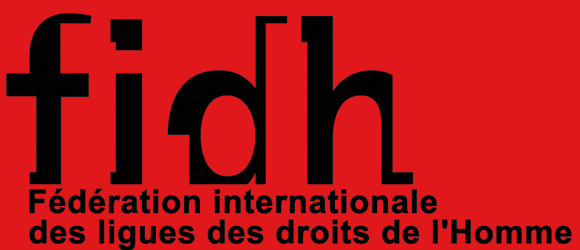Comments on the UN Committee on the Elimination of Discrimination against Women findings on Armenia and Belarus
Brussels, Erevan, Paris, 22 November 2016 – The UN Committee on the Elimination of Discrimination against Women (CEDAW) has published its findings, officially known as concluding observations, on 11 countries, including Belarus and Armenia, which it examined during its 24 October to 18 November session in Geneva. The Committee also reviewed shadow reports from FIDH member organization Anti-Discrimination Centre (ADC) Memorial submitted in cooperation with the Civil Society Institute (Armenia) and with the support of Her Rights Center (Belarus).
Both reports emphasized, inter alia, the discriminations that women face in these two countries regarding access to a series of professions deemed as hazardous for their reproductive health. Following the organizations’ recommendations, the Committee urged Armenia to abolish”the list of jobs and professions dangerous for women”.
Stephania Kulaeva, ADC Memorial Director said “We are very satisfied with the Committee’s recommendation to Armenia to abolish discriminative norms that deny women their right to choose a profession they are trained for at the expense of their career and income opportunities. Our goal is elimination of such restrictions and the recommendation made to Belarus to review and shorten the list of restricted professions is an important step in overcoming discrimination of women in Belarus”.
Read also
The CEDAW has already made similar recommendations to other countries in recent years hereby acknowledging that the lists of banned professions for women are discriminatory as they are a direct consequence of a stereotype bestowing women primarily with the role of a child-bearer. In March 2016, its decision on the case of Svetlana Medvedeva, a maritime professional supported by ADC Memorial, called on Russia to grant the complainant ‘‘appropriate reparation and adequate compensation” and to “facilitate her access to jobs for which she is qualified”.
FIDH and its member organisations are also satisfied with the recommendations made to both countries to criminalize hate speeches and crimes against lesbian, bisexual and transgender women. 45 cases of hate crimes against sexual minorities were registered by the LGBT rights groups in 2015 in Armenia, while the experts suppose that the factual number may be even higher. Dimitris Christopoulos, FIDH president, said “Eliminating violence and discrimination against women, especially those belonging to LGBTI communities, requires a thorough and viable policy plan. The implementation of CEDAW’s recommendations by Armenia and Belarus could be a starting point.”
Important recommendations were addressed to Armenia to ensure the much-needed respect of women belonging to vulnerable groups: ethnic minorities and women affected by migration. The latter find themselves in a situation of exacerbated vulnerability as in certain villages, at least one man in each family has left abroad for work, leaving women dependent on other family members. Women from minority communities still do not enjoy an equal access to justice, education, health, and social services.
FIDH and its member and partner organisations are however concerned that, despite their recommendations, the Committee has not addressed the situation of Roma women in its concluding























































